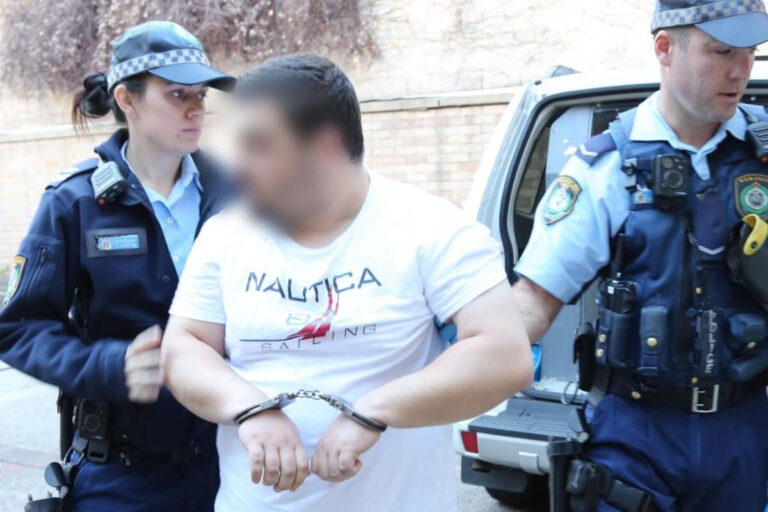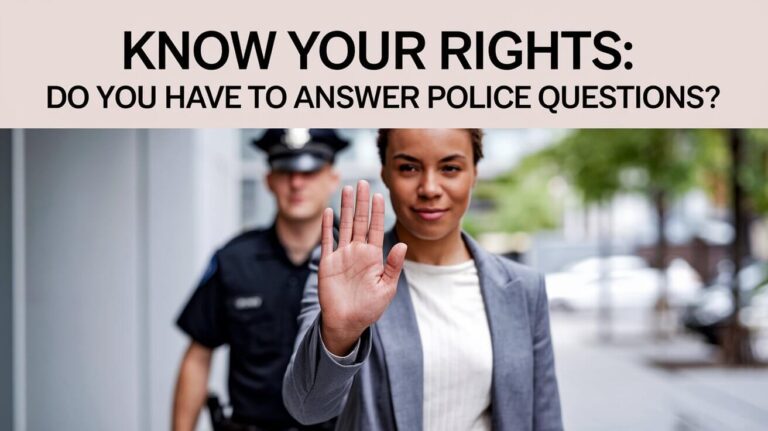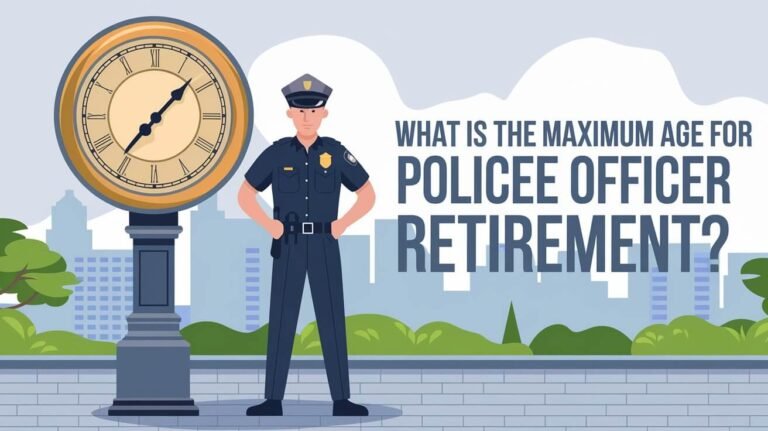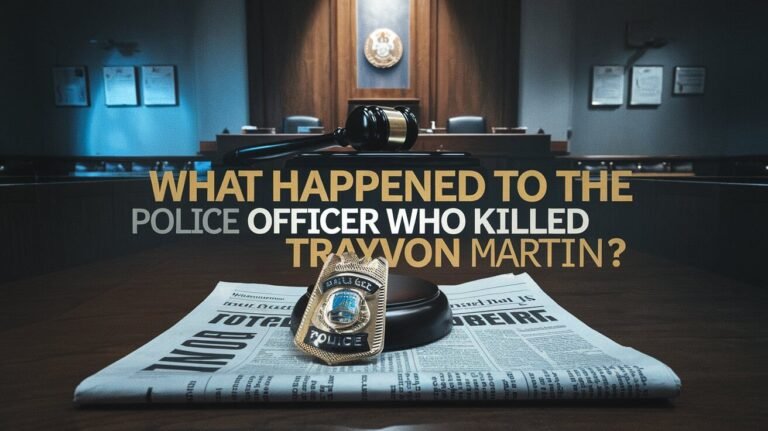Do Police Have to Identify Themselves? Know Your Rights
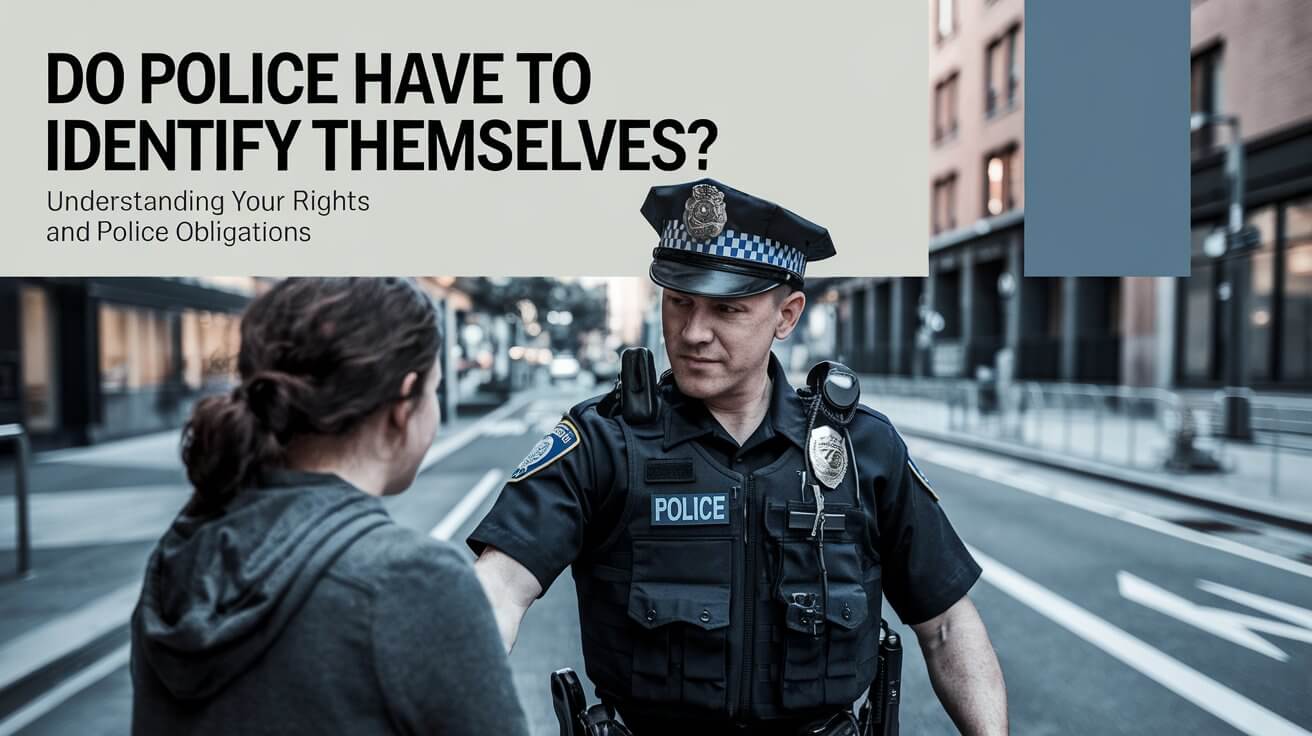
Police officers are not always required to identify themselves, but there are specific situations where they must disclose their identity. The rules vary depending on the state, local laws, and the nature of the interaction. This article explores the ins and outs of police identification, your rights, and what to expect during encounters with law enforcement.
The Basics of Police Identification
Legal Requirements for Police Identification
When it comes to police identification, there’s no one-size-fits-all rule. The legal landscape is a patchwork of federal, state, and local laws. While some jurisdictions have strict rules about when and how officers must identify themselves, others leave it up to the officer’s discretion.
In general, uniformed officers are easier to identify thanks to their distinctive clothing and visible badges. But what about plainclothes officers or those working undercover? That’s where things get tricky.
Variations in State and Local Laws
Each state has its own take on police identification laws. Some states, like California, require officers to provide their name, badge number, and department when asked. Others have no such requirement.
For example, in New York City, officers must provide their name, rank, and shield number upon request. But drive a few hours upstate, and you might encounter different rules.
It’s crucial to familiarize yourself with your local laws. What applies in one city might not hold true in another, even within the same state.
Uniformed vs. Plainclothes Officers
Uniformed officers are usually easy to spot. Their attire, badges, and patrol cars make their identity clear. But plainclothes officers are a different story.
Plainclothes officers often work in sensitive areas like narcotics or organized crime. They may not immediately identify themselves to protect ongoing investigations. However, when they take official action, like making an arrest, they must typically reveal their status as law enforcement.
When Police Must Identify Themselves
During Traffic Stops
When you’re pulled over, the officer should identify themselves and explain why they stopped you. This usually involves showing their badge and providing their name and department.
If an unmarked car attempts to pull you over and you’re unsure if it’s a real officer, it’s okay to drive slowly to a well-lit, populated area before stopping. You can also call 911 to verify the officer’s identity.
While Executing Search Warrants
Officers executing a search warrant must identify themselves and their purpose. They should show you the warrant and give you time to comply before entering. This rule helps prevent misunderstandings and protects both residents and officers.
During Arrests
When making an arrest, police must identify themselves as law enforcement. They should tell you that you’re under arrest and inform you of your rights. This process, known as the Miranda warning, is a crucial part of any arrest.
In Community Engagement Activities
During community events or outreach programs, officers should readily identify themselves. This openness helps build trust between law enforcement and the communities they serve.
Situations Where Police May Not Identify Themselves
Undercover Operations
Undercover officers often can’t reveal their true identity without jeopardizing their investigation. In these cases, they’re usually allowed to conceal their status as law enforcement.
Immediate Threat Scenarios
In high-risk situations where officer safety is at immediate risk, identification might take a back seat to neutralizing the threat. Once the situation is under control, officers should then identify themselves.
Covert Surveillance
Officers conducting surveillance may not identify themselves to avoid blowing their cover. However, if they take action based on their observations, they must then reveal their identity.
Your Rights When Interacting with Police
Right to Ask for Identification
You have the right to ask an officer for identification. While they may not always be required to provide it, many departments encourage officers to do so when asked.
Right to Remain Silent
You have the right to remain silent during police interactions. This right, protected by the Fifth Amendment, means you don’t have to answer questions beyond providing basic identifying information.
Right to Refuse Searches
Unless police have a warrant or probable cause, you can refuse searches of your person, vehicle, or home. Be aware that there are exceptions, like during a traffic stop where officers may conduct a “pat-down” if they suspect you’re armed.
The Importance of Police Identification
Accountability and Transparency
When officers identify themselves, it promotes accountability. If misconduct occurs, victims can report the specific officer involved. This transparency is crucial for maintaining public trust.
Building Community Trust
Open identification practices help build trust between police and the communities they serve. When officers are forthcoming about who they are, it can ease tensions and promote positive interactions.
Preventing Impersonation
Officer identification helps prevent criminals from impersonating law enforcement. Knowing how to verify an officer’s identity can protect you from scams or worse.
Misconceptions About Police Identification
The “Are You a Cop?” Myth
There’s a common myth that if you ask an undercover officer if they’re a cop, they have to tell the truth. This isn’t true. Undercover officers can legally lie about their identity to maintain their cover.
Undercover Officers and Lying
Undercover officers are generally allowed to lie about their identity and even participate in some illegal activities to maintain their cover. However, there are limits to what they can do.
Entrapment vs. Opportunity
It’s important to understand the difference between entrapment and opportunity. Entrapment occurs when officers coerce someone into committing a crime they wouldn’t otherwise commit. Simply providing an opportunity for crime isn’t entrapment.
What to Do If an Officer Refuses to Identify Themselves
Remaining Calm and Cooperative
If an officer refuses to identify themselves, stay calm. Being confrontational can escalate the situation. Instead, cooperate while remembering your rights.
Documenting the Interaction
If possible, document the interaction. Note the time, location, and any details about the officer’s appearance. This information can be useful if you need to file a complaint later.
Filing a Complaint
If you believe an officer acted improperly by refusing to identify themselves, you can file a complaint with their department. Many departments have internal affairs divisions that handle such complaints.
Police Identification Policies Across the United States
Federal Guidelines
While there’s no federal law requiring officer identification, many federal agencies have their own policies. For example, FBI agents are typically required to identify themselves when taking official action.
State-by-State Variations
Policies vary widely from state to state. Some states have laws requiring officers to identify themselves, while others leave it up to individual departments.
Notable City Policies
Some cities have implemented strict identification policies. For instance, New York City requires officers to provide a business card with their name, rank, and shield number in certain situations.
The Impact of Body Cameras on Police Identification
Increased Accountability
Body cameras have significantly increased police accountability. They provide a record of interactions, including whether an officer properly identified themselves.
Challenges and Limitations
While body cameras are helpful, they’re not perfect. Issues like camera angles and audio quality can sometimes limit their effectiveness.
Future Developments
As technology improves, we may see advancements in body camera technology that make identification even clearer and more reliable.
International Perspectives on Police Identification
Policies in Other Countries
Many countries have different approaches to police identification. In the UK, for example, officers must state their name and station when asked, except in certain circumstances.
Comparative Analysis with U.S. Practices
Comparing international policies with those in the U.S. can provide insights into best practices and areas for improvement in police identification procedures.
Technological Advancements in Police Identification
Digital Badges and QR Codes
Some departments are experimenting with digital badges that can be easily scanned to verify an officer’s identity.
Smartphone Apps for Verification
There are proposals for apps that would allow civilians to quickly verify an officer’s identity using their smartphone.
Blockchain and Immutable Records
Blockchain technology could provide a secure, tamper-proof method of recording and verifying officer identities.
The Debate on Mandatory Police Identification Laws
Arguments For and Against
Proponents of mandatory identification laws argue they increase transparency and accountability. Critics worry they could compromise officer safety, especially in undercover operations.
Potential Impact on Law Enforcement
Mandatory identification laws could significantly change how police operate, particularly in sensitive areas like narcotics enforcement.
Public Opinion and Support
Public opinion on this issue varies. Some communities strongly support stricter identification requirements, while others are more concerned with giving police the tools they need to fight crime effectively.
Balancing Police Discretion and Public Rights
Finding the right balance between police discretion and public rights is crucial. While officers need some flexibility to do their jobs effectively, the public also has a right to know who’s enforcing the law.
Transparency is key to building trust between law enforcement and communities. Clear identification policies can help achieve this, but they must be balanced with practical considerations of police work.
As we move forward, ongoing dialogue between law enforcement, policymakers, and communities will be essential in crafting policies that serve everyone’s interests.
Remember, knowing your rights and understanding police obligations can help ensure safer, more positive interactions with law enforcement. Stay informed, stay calm, and if in doubt, don’t hesitate to seek legal advice.


